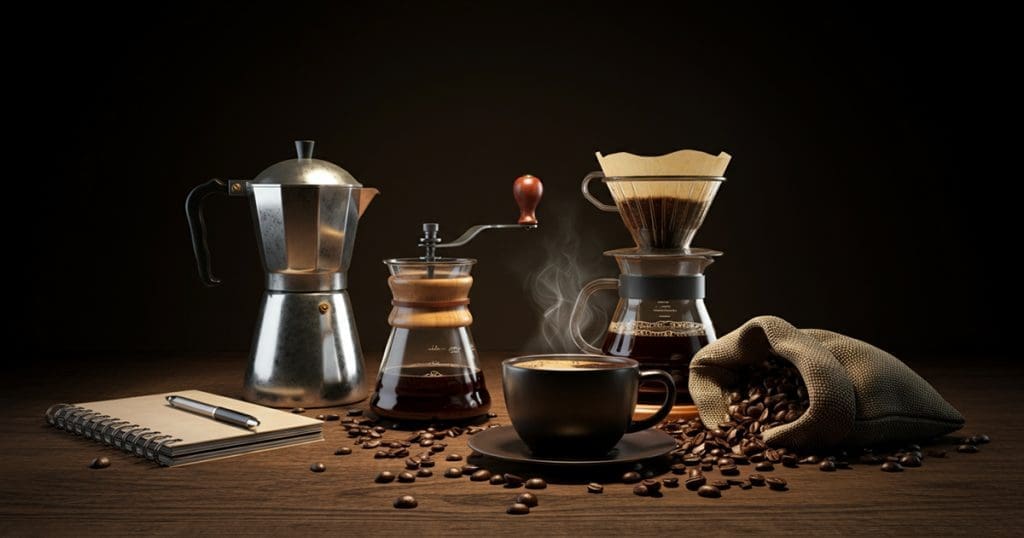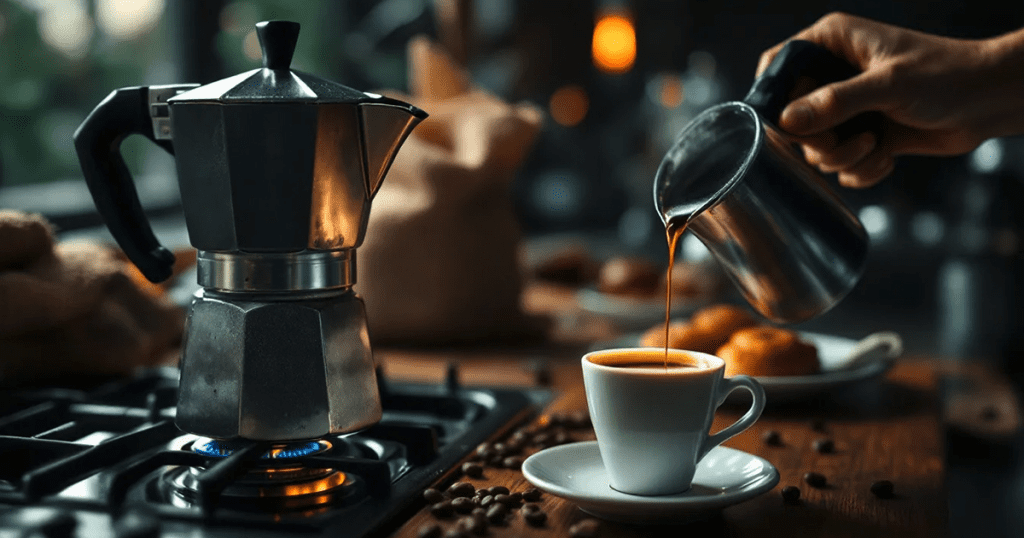The Origins of Coffee
Coffee's journey began in Ethiopia, where legend speaks of a goat herder, Kaldi, who discovered its stimulating effects. By the 15th century, coffee had reached the Arabian Peninsula, spreading through trade. Yemen became a key hub, introducing coffee houses known as qahveh khaneh. These became cultural hotspots where people gathered for conversation. As coffee made its way to Europe, it faced opposition from religious groups before being embraced by society. By the 17th century, coffee houses flourished in London, often referred to as 'penny universities.' The spread of coffee continued to impact economies, trade routes, and social structures worldwide.
The Global Coffee Boom
Today, coffee is one of the most consumed beverages globally, with over 2.25 billion cups enjoyed daily. Brazil leads coffee production, followed by Vietnam, Colombia, and Indonesia. Specialty coffee culture has risen, emphasizing quality, single-origin beans, and unique brewing methods. The rise of third-wave coffee transformed coffee from a commodity to an artisanal experience. Consumers now seek ethically sourced beans and sustainable farming practices. With innovations like cold brew, nitro coffee, and specialty espresso-based drinks, the industry continues to evolve. Coffee consumption patterns also reflect cultural preferences, from Italian espresso rituals to Japan’s meticulous pour-over techniques.

Third-Wave Coffee Movement
The third-wave coffee movement focuses on transparency, quality, and ethical sourcing. Originating in the early 2000s, it aims to highlight coffee’s unique flavors and regional characteristics. This movement rejects mass-produced blends, favoring direct trade relationships between farmers and roasters. Coffee enthusiasts now appreciate tasting notes, roast profiles, and the science behind extraction. Specialty coffee shops emphasize barista expertise and manual brewing techniques. The growth of micro-roasters and direct-to-consumer brands has fueled this trend, reshaping how people perceive and enjoy coffee.
Sustainable & Ethical Coffee
Sustainability is at the forefront of modern coffee culture. Consumers are increasingly aware of fair trade, organic, and Rainforest Alliance-certified coffee. Climate change threatens coffee-growing regions, leading to innovative farming solutions. Shade-grown coffee helps preserve biodiversity, while carbon-neutral roasting methods reduce environmental impact. Companies are also adopting zero-waste packaging and compostable cups to minimize waste. Ethical considerations extend to labor practices, ensuring fair wages and humane working conditions for farmers. Supporting sustainable coffee brands helps drive positive change in the industry.

The Rise of Coffee Tourism
Coffee tourism has grown in popularity, with enthusiasts traveling to experience origin-based coffee cultures. Destinations like Colombia, Ethiopia, and Costa Rica offer coffee farm tours and immersive tastings. Visitors gain insight into the harvesting and roasting processes, deepening their appreciation for the craft. Cities like Seattle, Melbourne, and Tokyo boast vibrant specialty coffee scenes, attracting aficionados. Exploring local coffee shops and roasteries has become a cultural activity, fostering connections between consumers and producers.
Houston’s Thriving Coffee Scene
Houston has embraced coffee culture, with independent cafés and specialty roasters shaping the local scene. With coffee trends from third-wave pioneers to hidden neighborhood gems, the city offers diverse coffee experiences. Shops like Boomtown Coffee and Blacksmith showcase expertly crafted brews. Houston’s multicultural influence is reflected in offerings like Vietnamese cà phê sữa đá and Mexican café de olla. Coffee events, latte art competitions, and barista workshops foster a strong community. The city’s evolving coffee landscape ensures there’s always something new to explore.
How to Elevate Your Coffee Experience
Enhancing your coffee experience starts with selecting high-quality beans and understanding roast levels. Experimenting with different brewing methods, from French press to AeroPress, enhances flavor complexity. Grinding beans fresh before brewing ensures maximum aroma and taste. Learning about water temperature, coffee-to-water ratio, and extraction time helps refine techniques. Supporting local roasters and exploring unique flavor profiles deepens appreciation. Ultimately, coffee is a journey—one that invites continuous exploration and discovery.
What’s your favorite coffee brewing method and why?


![Cafe Vanilla Frappuccino [recipe]](https://b3860431.smushcdn.com/3860431/wp-content/uploads/2024/04/Cafe-Vanilla-Frappuccino-recipe-1024x538.jpg?lossy=2&strip=1&webp=1)

Facebook Comments